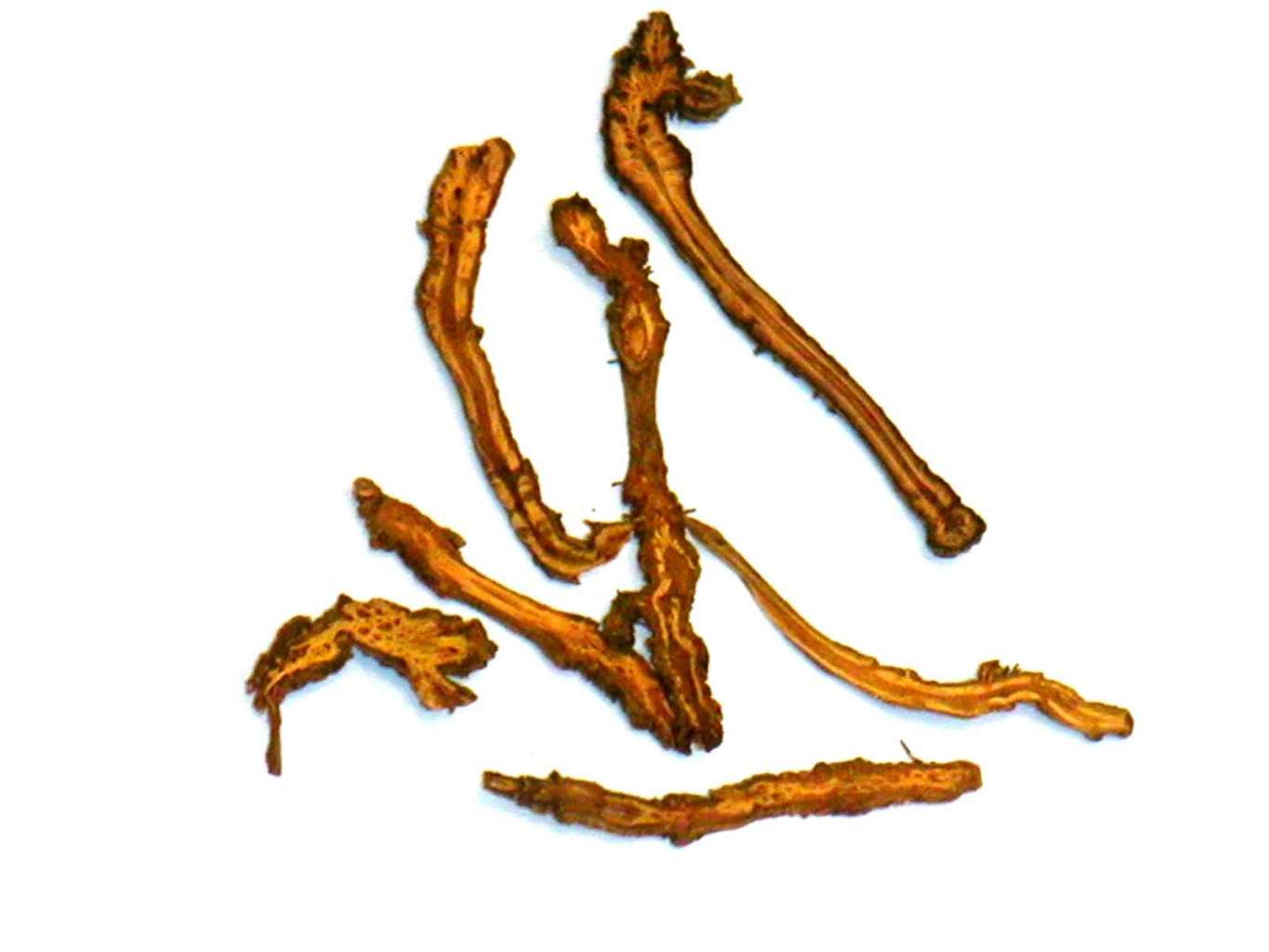Ban on sale, import of Chinese herbs containing berberine to be lifted from April: HSA
Sign up now: Get ST's newsletters delivered to your inbox

Berberine is commonly used in traditional Chinese medicine.
PHOTO: EU YAN SANG
Lee Min Kok
Follow topic:
SINGAPORE - The sale and import of Chinese herbs containing berberine will be allowed from April 1, the Health Sciences Authority (HSA) said on Monday (March 21).
It is part of the phased approached by HSA to lift the restrictions on the sale and use of the chemical, a bitter yellow compound found in the roots and bark of several herbs such as Rhizoma coptidis (huang lian) and Cortex phellodendri (huang bo).
These herbs are used in traditional Chinese medicine for their "heat-clearing" and "dampness-drying" properties, and are known to be effective in treating digestive problems and "heatiness".
HSA had lifted a ban on the local sale and use of Chinese propriety medicines (such as capsules and powders) containing berberine since January 2013, while maintaining the prohibition on Chinese herbs.
The ban had been implemented in 1978 under the Poisons Act following the death of babies under a week old in the 1950s and 60s. Berberine is said to cause kernicterus, a form of brain damage brought on by excessive jaundice.
According to HSA, more than 140 Chinese proprietary medicines containing berberine have been listed with the authority since Jan 1, 2013.
It has also not received any adverse reports directly related to the consumption of the listed products.
There have also not been any new safety concerns reported in scientific publications on the use of berberine in such medicines, HSA added.
"Based on these findings and in consultation with advisory committees as well as the Ministry of Health, it was assessed that there were no major safety concerns with Chinese herbs containing berberine when used appropriately," it said.
On its part, the authority will send advisories to traditional Chinese medicine practitioners and the industry to remind them of the relevant safety information, as well as warn against the use of berberine in infants, glucose-6-phosphate dehydrogenase (G6PD) deficient individuals of all ages, pregnant and breastfeeding women.
HSA also said that Chinese herbs for traditional medicinal uses are currently not subject to pre-market approval and licensing for their import and sale. Dealers are thus responsible for the safety and quality of the herbs and must ensure they comply with the relevant regulatory requirements.
It advised consumers that the effects of Chinese herbs may vary according to each individual, and to seek medical help if unsure if herbs containing berberine are suitable for them.

